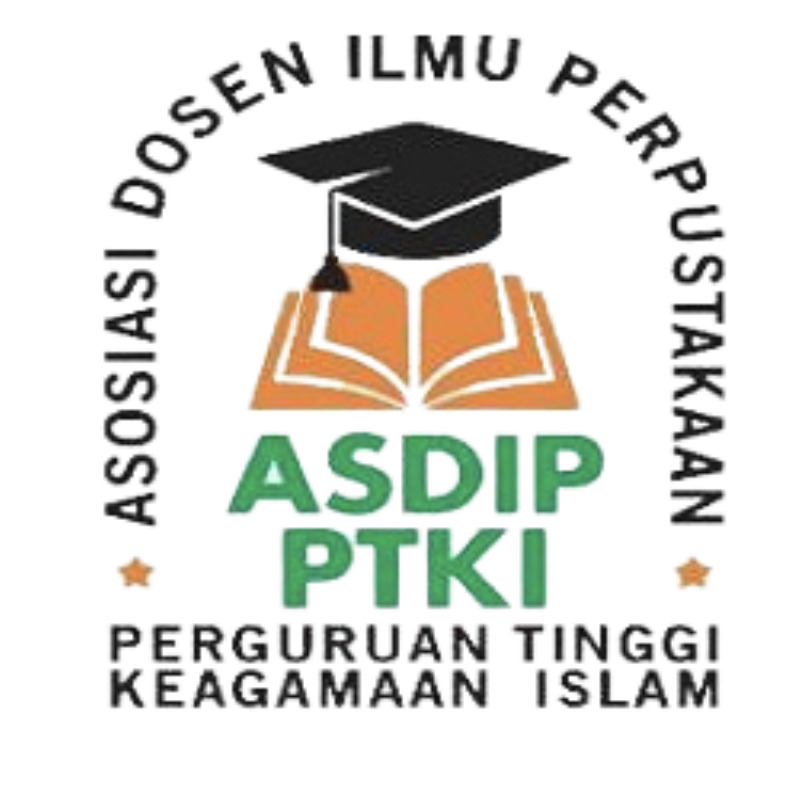Pemberdayaan Masyarakat melalui Perpustakaan Desa Berbasis Inklusi Sosial (Studi Kasus Perpustakaan “Sumber Ilmu†Desa Marga Sakti Kabupaten Musirawas)
DOI:
https://doi.org/10.29240/tik.v5i1.2389Keywords:
Community Empowerment, Library, Social InclusionAbstract
Libraries can play a more role and can contribute in terms of community empowerment, closer, invite and empower the community. One way to get closer to the community is that the library can use the concept of inclusion to achieve its goals as a principle of lifelong learning. Inclusion-based libraries are libraries that facilitate the community in developing their potential by seeing cultural diversity, willingness to accept change, and offering opportunities to try, protect and fight for culture and human rights. This has been done by the Library of Science Resources in Marga Sakti Village, Musi Rawas Regency, with the concept of a Village Library Based on Social Inclusion, which has made the library an institution that can empower the community through productive activities such as making bitter melon chips, cultivating crickets, providing internet access for the community, Karang Taruna activities by establishing Youth Bands, PKK activities centered in libraries, storytelling activities, mobile libraries, establishing reading villages and others. Of the many activities above, this indicates that the library has become the central activity of the village community and as a concrete manifestation that the Marga Sakti Village Resource Library has implemented the concept of Social Inclusion.
Downloads
References
Adi, I. R. (2013). Intervensi Komunitas: Pengembangan Masyarakat Sebagai Upaya Pemberdayaan Masyarakat. Rajawali Press.
Alam, S. (2015). Membangun Perpustakaan Desa Menjadi Peletak Dasar Lahirnya Budaya Baca Masyarakat Di Pedesaan. J U P I T E R, 14(2).
Creswell, J. . (2010). Research Design: Pendekatan Kualitatif, Kuantitatif, dan Mixed. Pustaka Pelajar.
Kementerian Keuangan RI. (2017). Buku Saku Dana Desa. Kementerian Keuangan Republik Indonesia.
Moleong, L. J. (2013). Metode Penelitian Kualitatif. PT. Remaja Rosdakarya.
NS, S. (2006). Perpustakaan dan Masyarakat. Sagung Seto.
Nusantari, A. (2012). Strategi Pengembangan Perpustakaan. Prestasi Pustaka Publisher.
Prasetyawan, Y. Y., & Suharso, P. (2015). Inklusi Sosial dan Pemberdayaan Masyarakat Dalam Pembangunan Perpustakaan Desa. Acarya Pustaka, 1(1), 31–40. https://ejournal.undiksha.ac.id/index.php/AP/article/view/7146/4874
Rahardjo, M. (2010). Triangulasi dalam Penelitian Kualitatif. https://www.uin-malang.ac.id/r/101001/triangulasi-dalam-penelitian-kualitatif.html
Republik Indonesia. (2007). Undang-Undang Republik Indonesia Nomor 43 Tahun 2007 tentang Perpustakaan. Republik Indonesia.
Rohman, A. S., & Sukaesih, S. (2018). Transformasi Perpustakaan Desa Untuk Pemberdayaan Masyarakat: Studi Kasus Di Desa Margamukti - Pangalengan Bandung. Jurnal Perpustakaan Pertanian, 26(2), 47. https://doi.org/10.21082/jpp.v26n2.2017.p47-54
Downloads
Published
Issue
Section
Citation Check
License
Authors who publish with Tik Ilmeu : Jurnal Ilmu Perpustakaan dan Informasi agree to the following terms:
- Authors retain copyright and grant the journal right of first publication with the work simultaneously licensed under a Creative Commons Attribution-NonCommercial-ShareAlike 4.0 International License (CC BY-NC-SA 4.0) that allows others to share the work with an acknowledgment of the work's authorship and initial publication in this journal.
- Authors are able to enter into separate, additional contractual arrangements for the non-exclusive distribution of the journal's published version of the work (e.g., post it to an institutional repository or publish it in a book), with an acknowledgment of its initial publication in this journal.
- Authors are permitted and encouraged to post their work online (e.g., in institutional repositories or on their website) prior to and during the submission process, as it can lead to productive exchanges, as well as earlier and greater citation of published work (See The Effect of Open Access).







 This work is licensed under a
This work is licensed under a 